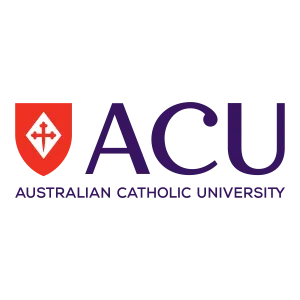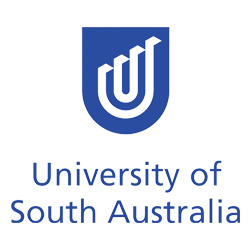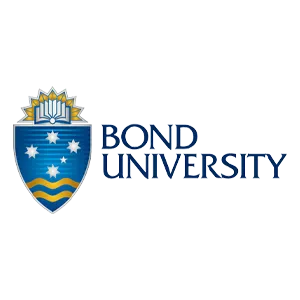The Australian Catholic University (ACU) Master of Business Administration (MBA) is a generalist management degree which provides students with the skills and knowledge required to enter a career in management.
COURSE PROFILE


The Australian Catholic University (ACU) Master of Business Administration (MBA) is a generalist management degree which provides students with the skills and knowledge required to enter a career in management.
Share:
Full Time Duration
Part Time Duration
Commencements
The Australian Catholic University (ACU) Master of Business Administration (MBA) is a generalist management degree which provides students with the skills and knowledge required to enter a career in management.
With four electives available, students can choose to specialise in a management discipline of choice or undertake an employment skills general management focus. By undertaking the MBA you will be able to advance your career through a postgraduate award that leads to enhanced professional recognition and marketability.
As a graduate of the MBA you will have a sound understanding of business ethics, decision making and communication as well as specific knowledge in your chosen area of specialisation. This combination of skills, knowledge and expertise will equip you to gain employment as a well-rounded management professional.
MBA students who have completed the requirements prescribed for the Graduate Certificate in Business Administration or the Graduate Diploma in Business Administration may exit from the course with the relevant award by arrangement with the Course Coordinator.

In a world of mass production, ACU stands for meaningful education, rewarding research, and life-changing community engagement. Our mission and values form the core of who we are as a Catholic organisation. Discover our history, structure, and our journey to be a leader in research and teaching – a goal we’re already achieving as a top 2% world-ranked university.

AFR BOSS Best Business Schools (2023)





MBA News is Australia’s leading source of news, views and information about studying an MBA in Australia. MBA News is published by RG Communications (Aust) Pty Ltd (ABN 12 156 573214) trading as RGC Media & Mktng.
Complete the form below to receive more information on:
Our research is only available to MBA News subscribers. It’s free to sign up and you’ll also get our latest news when it happens delivered right into your inbox.